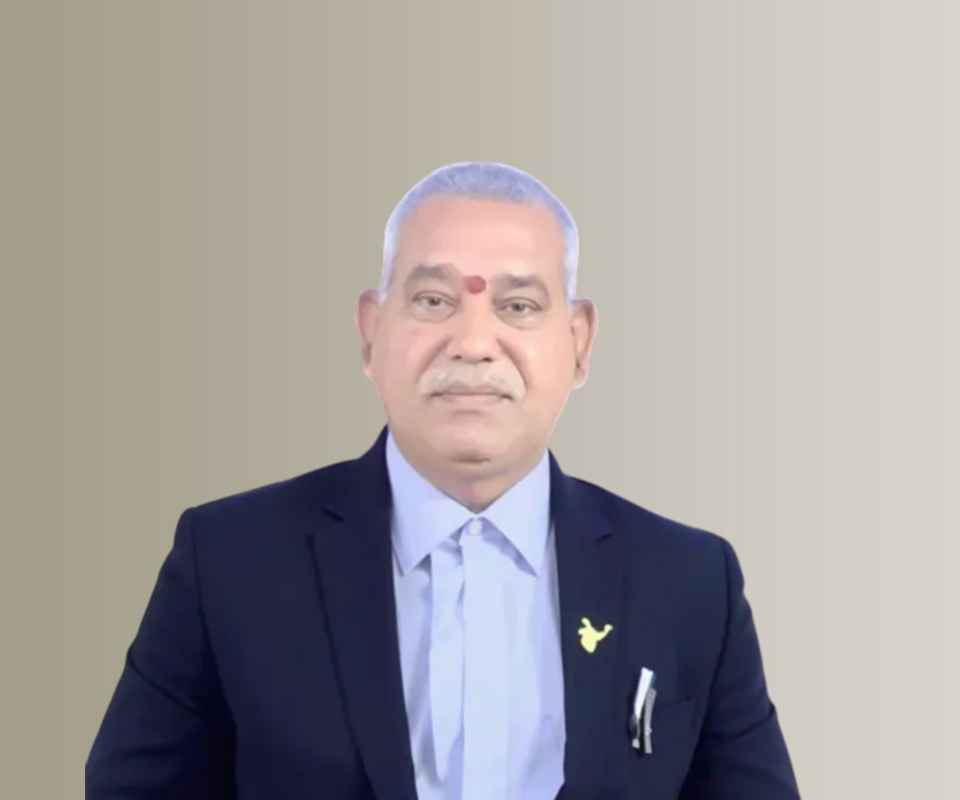Answer By law4u team
Police rights are defined by law and encompass various powers and responsibilities necessary for maintaining law and order. Here’s a comprehensive overview of police rights:
1. Authority to Enforce Laws
Police officers have the right to enforce laws and regulations. This includes responding to calls for service, patrolling, and ensuring compliance with legal statutes.
2. Arrest Powers
Police have the authority to arrest individuals suspected of committing a crime. This can occur with:
- Arrest Warrant: Issued by a magistrate or judge based on probable cause.
- Without Warrant: In certain situations, such as when a crime is committed in the officer's presence or if there is reasonable belief that a suspect is about to escape.
3. Conduct Searches
Police have the right to search individuals, vehicles, and premises under specific circumstances:
- With a Warrant: Obtained from a judge, authorizing a search of specific locations for specific items.
- Without a Warrant: In exigent circumstances, such as preventing the destruction of evidence or in public safety situations.
- Consent: If an individual voluntarily consents to a search.
4. Maintain Public Order
Police can take necessary actions to prevent disturbances, control crowds, and manage public events to ensure safety and order. This may include dispersing crowds or issuing warnings.
5. Investigate Crimes
Police have the right to investigate crimes by gathering evidence, interviewing witnesses, and conducting surveillance to build a case against suspects.
6. Use of Force
Police are authorized to use reasonable and proportional force when necessary to apprehend suspects or protect themselves and others. However, excessive use of force can lead to legal consequences.
7. Interrogation
Police have the right to interrogate suspects and witnesses during investigations, but they must inform suspects of their rights (Miranda rights in the U.S. context) before conducting custodial interrogations.
8. Detention
Police can detain individuals for a reasonable period if they have reasonable suspicion that the person is involved in criminal activity. However, this detention must comply with legal standards to avoid unlawful confinement.
9. Traffic Enforcement
Police have the authority to stop and detain vehicles for traffic violations, conduct sobriety tests, and issue citations.
10. Respect for Individual Rights
While police have significant powers, they must respect constitutional rights, such as the right to privacy, freedom of speech, and protection against unlawful searches and seizures. Violations can result in legal action against the police.
Conclusion
Police rights encompass various powers necessary for law enforcement, including the authority to arrest, search, maintain public order, and investigate crimes. However, these rights must be exercised in accordance with legal standards and respect for individual rights.







